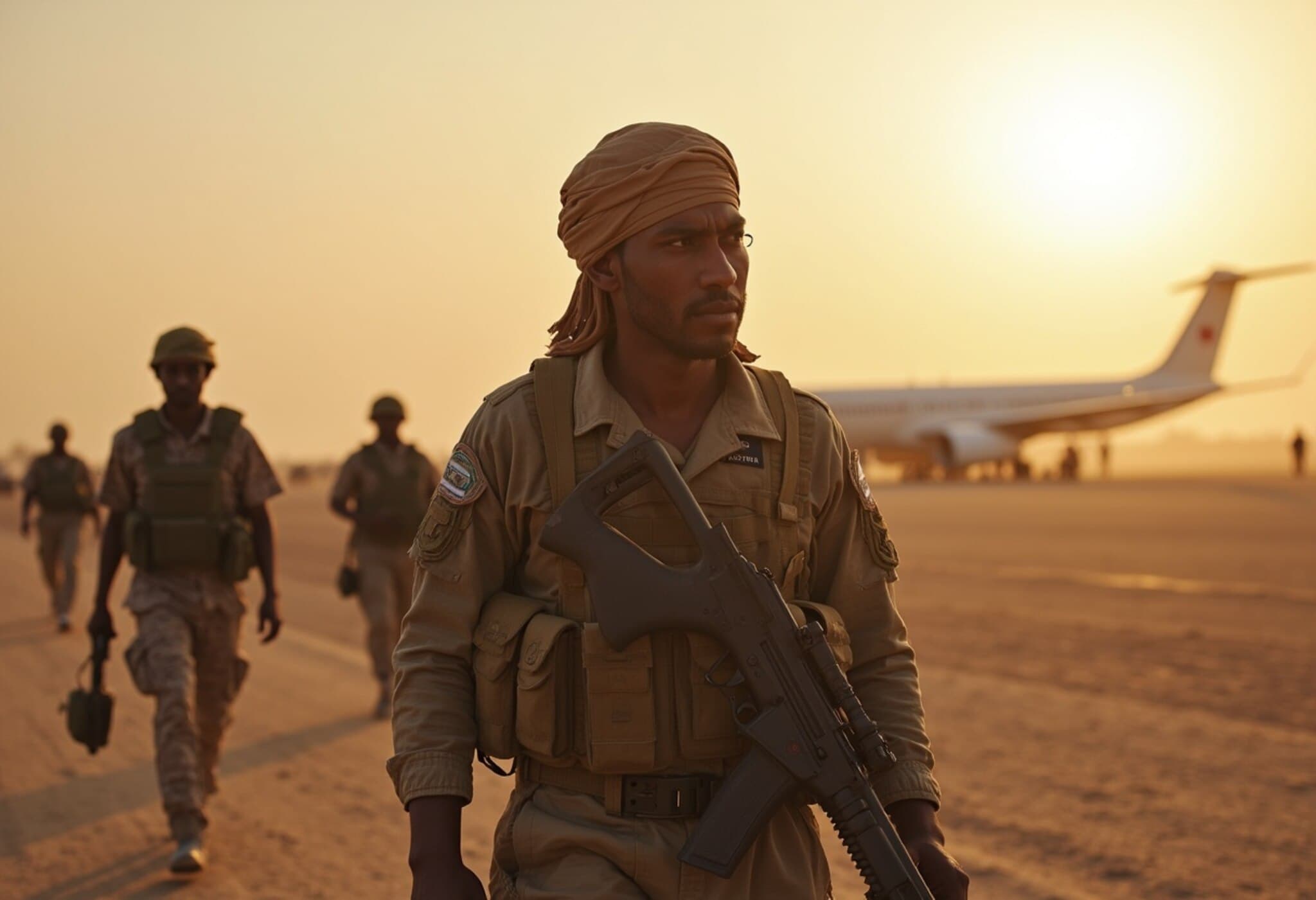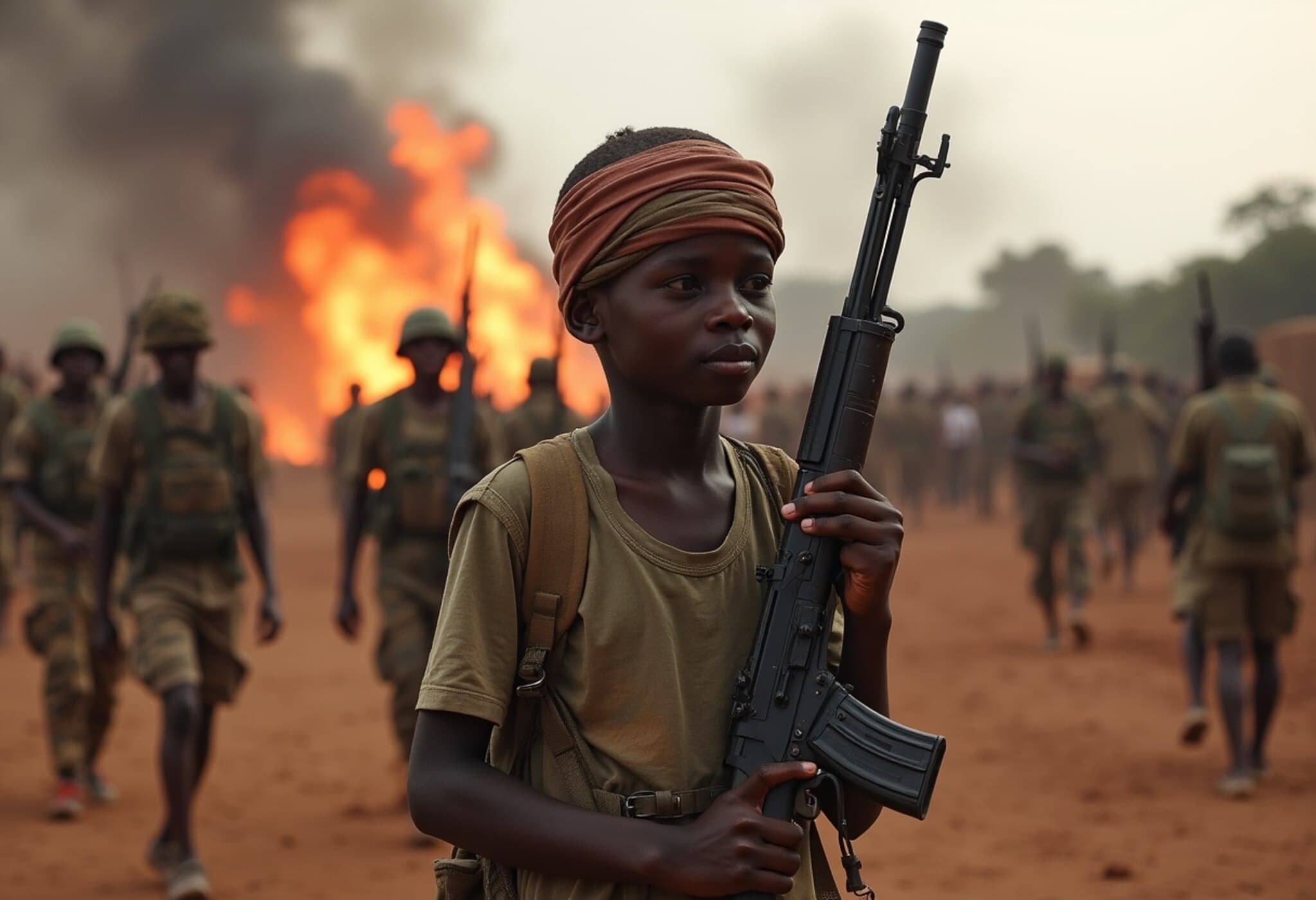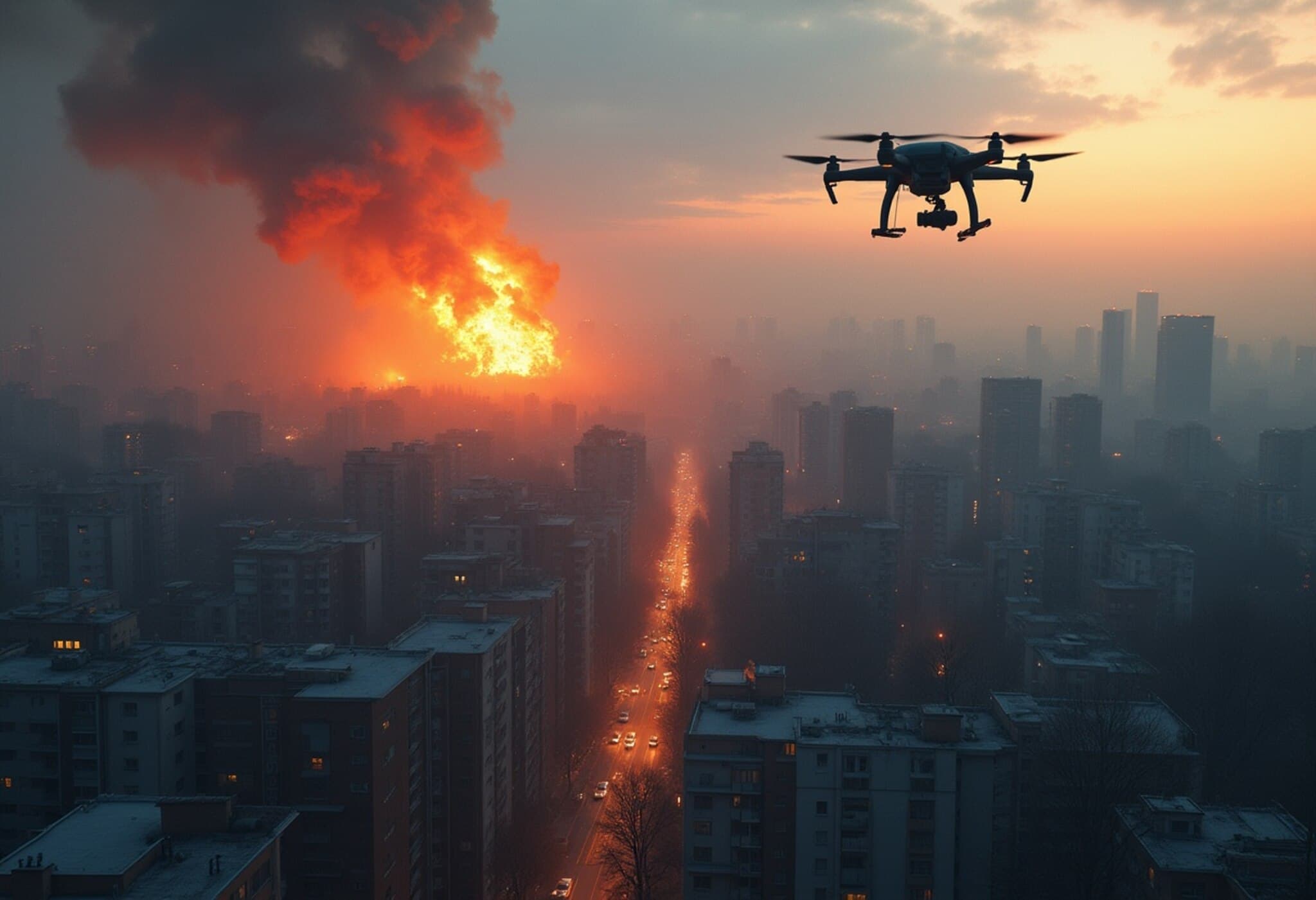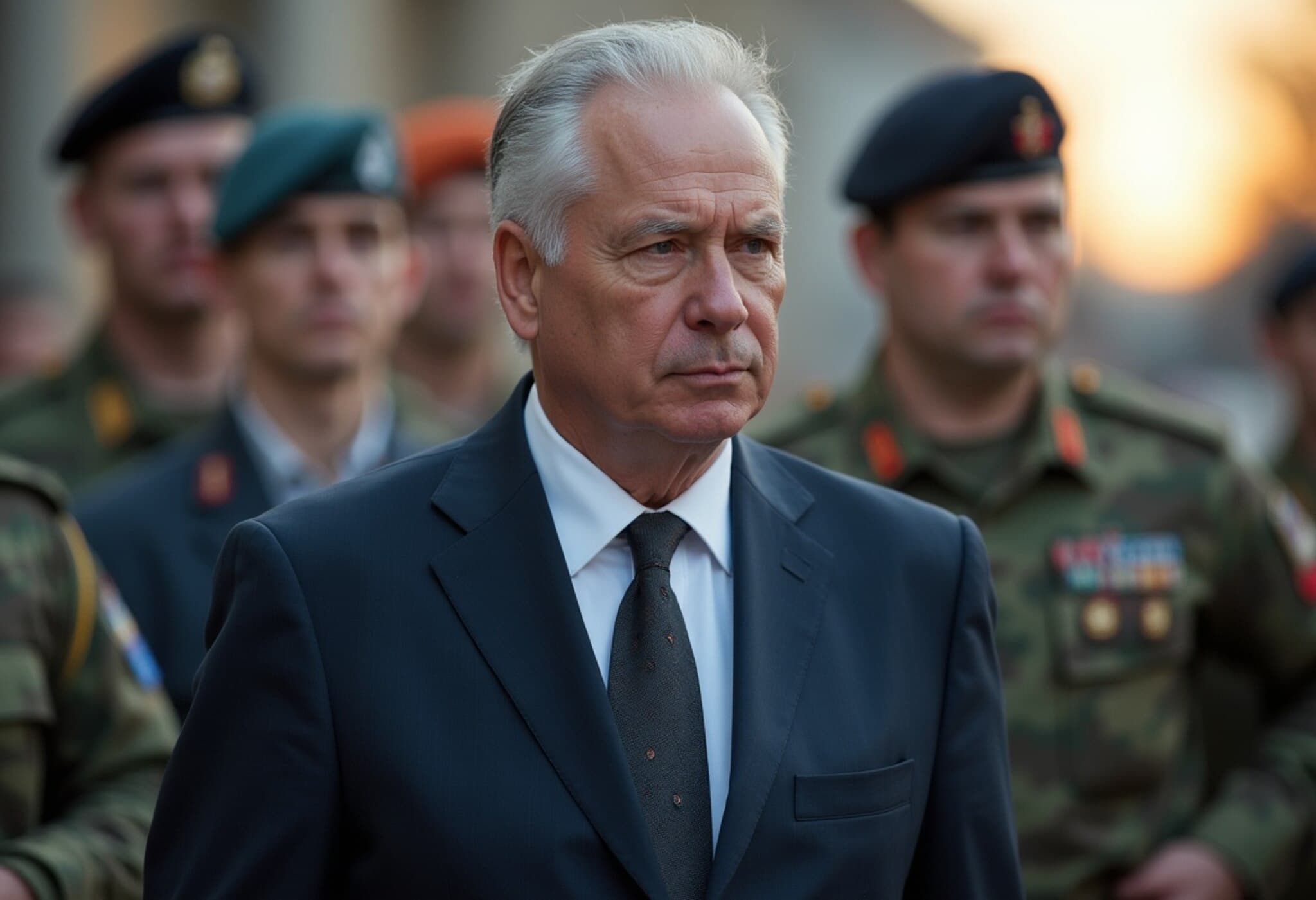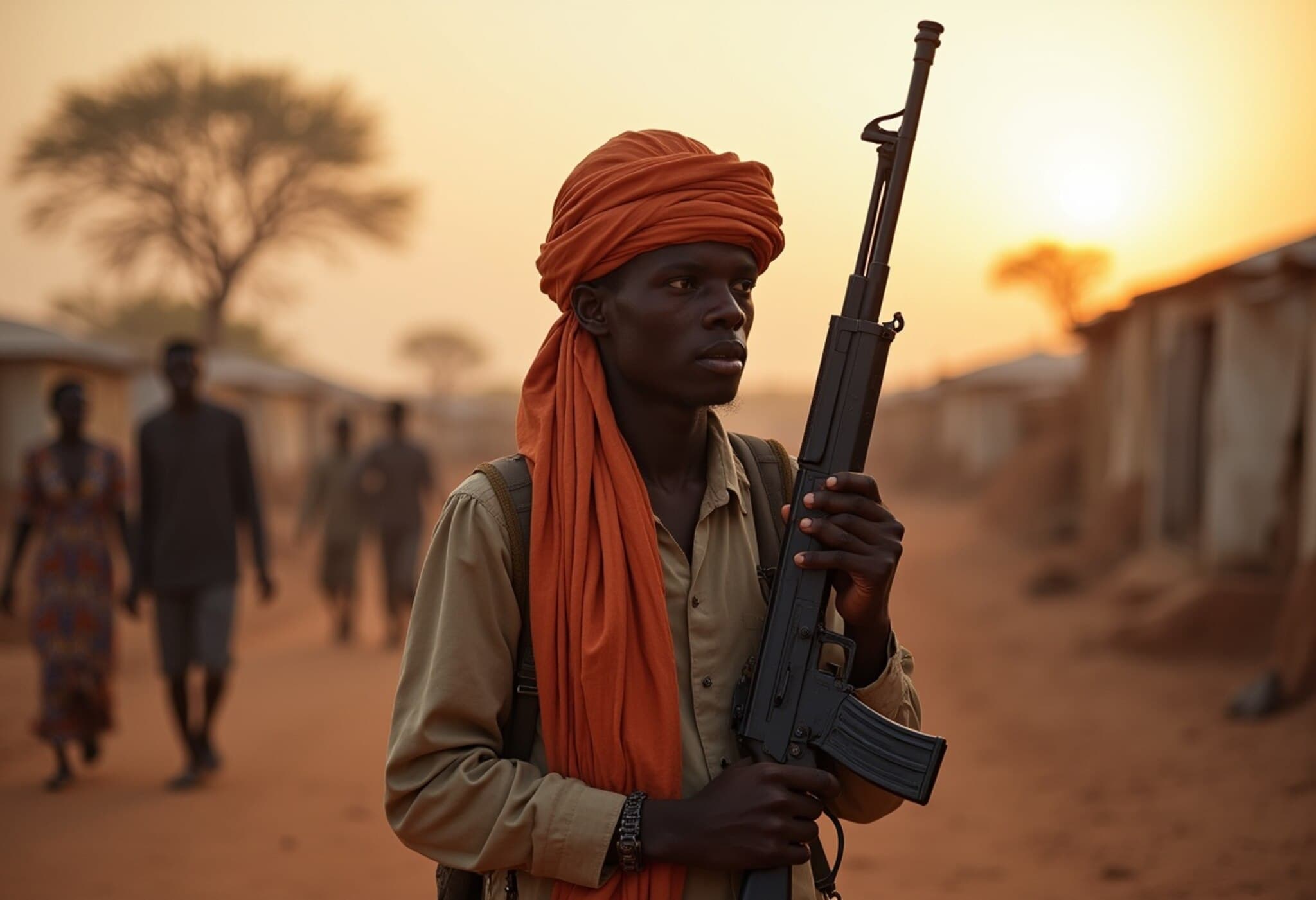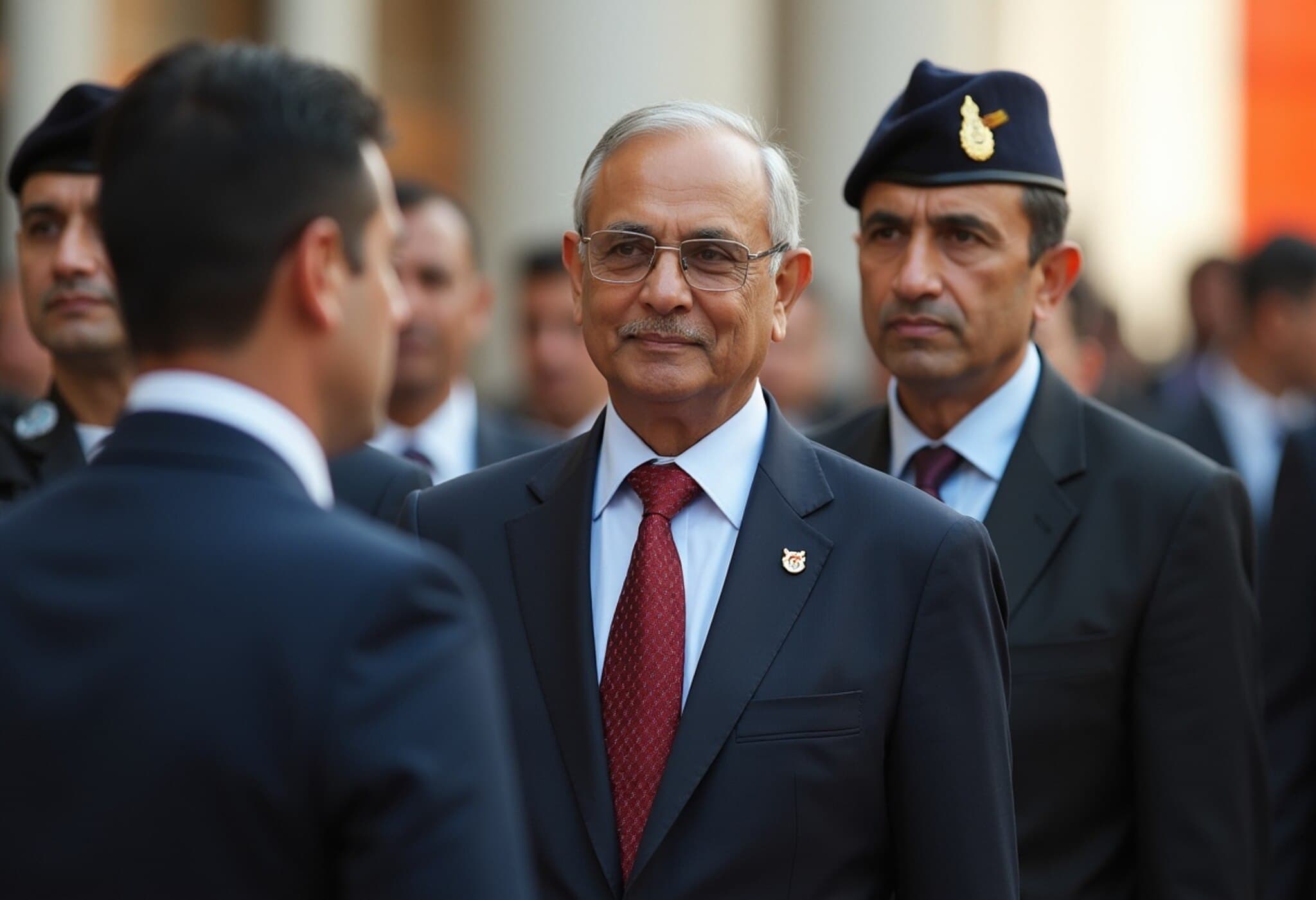Sudan's Air Force Destroys UAE Aircraft, Killing 40 Colombian Mercenaries Amid Darfur Conflict
In a dramatic escalation of Sudan’s ongoing civil war, Sudan’s air force has reportedly destroyed an Emirati aircraft landing at Nyala airport in Darfur, killing at least 40 Colombian mercenaries on board. The attack highlights the increasingly complex and internationalized nature of the conflict that has ravaged Sudan for over three years.
Details of the Incident
A military source, speaking anonymously to AFP, confirmed that the UAE plane was bombed and completely destroyed upon landing at the paramilitary-controlled Nyala airport in South Darfur. Sudanese state television, aligned with the army faction, broadcast the news on Wednesday without immediate confirmation from the Rapid Support Forces (RSF) or the United Arab Emirates (UAE).
Nyala airport has become a focal point of conflict, falling under repeated air strikes since fighting erupted in April 2023 between Sudan's regular army, led by General Abdel Fattah al-Burhan, and the powerful RSF paramilitary group. The RSF controls much of Darfur, including critical logistics hubs like Nyala.
Foreign Fighters and Regional Involvement
The destroyed aircraft reportedly transported dozens of foreign fighters, primarily Colombian mercenaries, along with military equipment destined for the RSF. Colombian President Gustavo Petro expressed grave concern on social media, stating, "We will see if we can bring their bodies back," as his government investigates the extent of Colombian casualties.
Sudan’s army has consistently accused the UAE of arming the RSF, particularly through Nyala airport, supplying advanced weaponry such as drones. While Abu Dhabi denies these claims, multiple credible sources including UN experts, U.S. officials, and international humanitarian organizations have documented the presence of foreign military aid.
Satellite imagery analyzed by Yale University’s Humanitarian Research Lab revealed Chinese-manufactured long-range drones stationed at Nyala, suggesting a sophisticated network of foreign military support fueling the conflict.
The Mercenary Factor: Colombia’s Role
Reports of Colombian mercenaries fighting in Darfur date back to late 2024 and are well-documented by UN experts and eyewitness accounts. The presence of these foreign combatants, many with prior service as soldiers or guerrillas, underscores the mercenary warfare dynamics that have complicated local conflicts worldwide.
In June, witnesses reported a cargo plane being bombed shortly after landing at Nyala airport. More recently, Sudanese authorities accused the UAE of actively recruiting and funding Colombian mercenaries to bolster the RSF’s capabilities, presenting evidence they claim proves this.
The so-called Joint Forces, a coalition aligned with Sudan’s army, reported over 80 Colombian fighters engaged in combat around El-Fasher, the last army-controlled capital in Darfur. Several were reportedly killed during drone and artillery strikes in the RSF’s latest offensive.
Political and Humanitarian Implications
Colombian President Petro condemned mercenary activities, announcing moves to ban such commerce, calling it "a trade in men turned into commodities to kill." Mercenaries from Colombia have previously been documented in operations sponsored by the UAE in Yemen and the Gulf region.
Sudan’s civil war has now entered its third year, devastating millions — with tens of thousands killed, some 13 million displaced, and the country gripped by what the United Nations describes as the world’s worst hunger crisis.
This incident raises urgent questions about the extent of foreign intervention in Sudan and the implications for regional stability. The use of mercenaries and foreign-supplied weaponry complicates efforts to negotiate peace and exacerbates the humanitarian disaster.
Expert Analysis
From a policy perspective, the incident illuminates a troubling intersection of private military contracting, proxy warfare, and geopolitical rivalries. The UAE’s alleged role in supplying the RSF and recruiting mercenaries adds a layer of complexity that challenges traditional conflict resolution frameworks.
Legal experts stress that mercenary activity violates international humanitarian law and undermines sovereignty, yet enforcement remains elusive. Meanwhile, the United States and UN have repeatedly called for ceasefires and peace talks, but the conflicting interests of external players risk prolonging the conflict.
For Americans, the situation signals caution about the rise of private military actors and foreign interference, which can destabilize regions critical to global security and migration flows.
Looking Forward
The Sudanese conflict’s evolving dynamics call for heightened international scrutiny and coordinated diplomatic efforts. Sustainable peace will require addressing external influences, disarming militias, and supporting humanitarian aid to mitigate the severe suffering faced by Sudan’s civilian population.
Editor’s Note
This unfolding event underscores how modern armed conflicts often extend beyond national borders, drawing in a web of international actors motivated by political, economic, or strategic interests. The tragic loss of lives, particularly those of foreign mercenaries, also highlights the human cost of such proxy engagements. As the Sudan conflict stretches on, critical questions remain: How can the international community effectively deter mercenary activity? What accountability mechanisms exist for countries allegedly fueling proxy wars? And most importantly, what steps can minimize civilian suffering amidst these layered conflicts?

